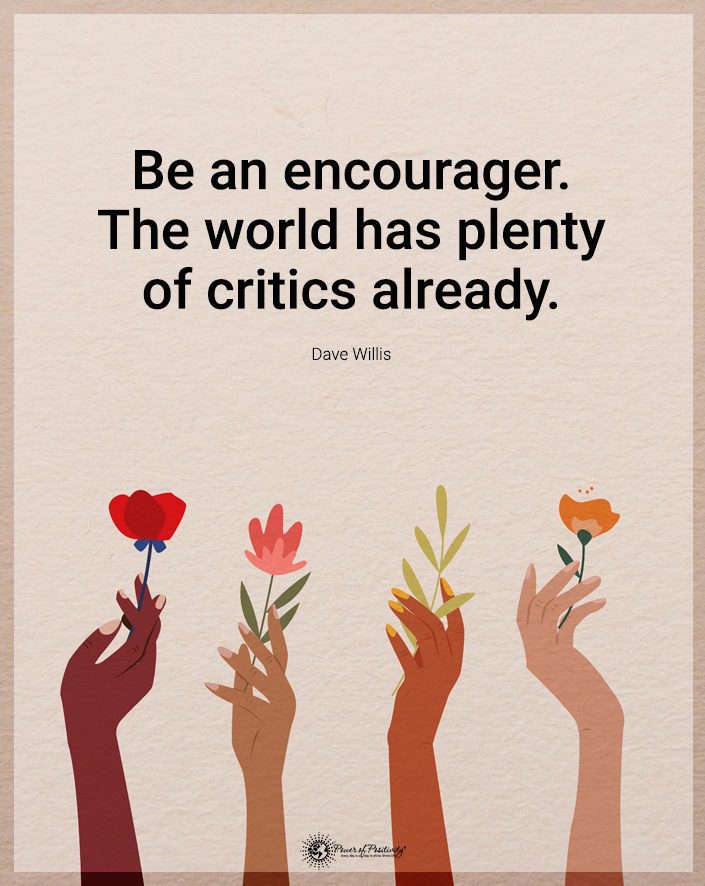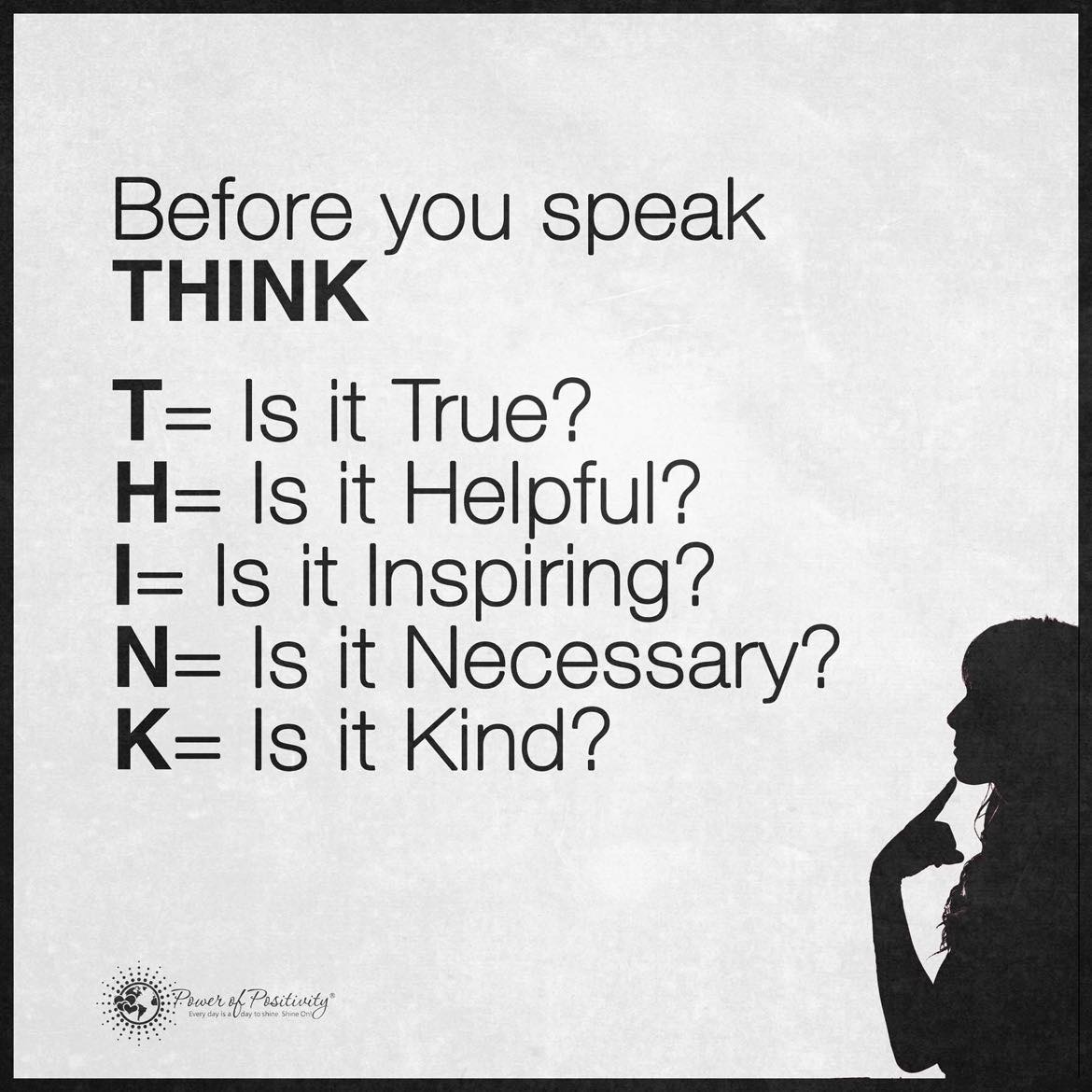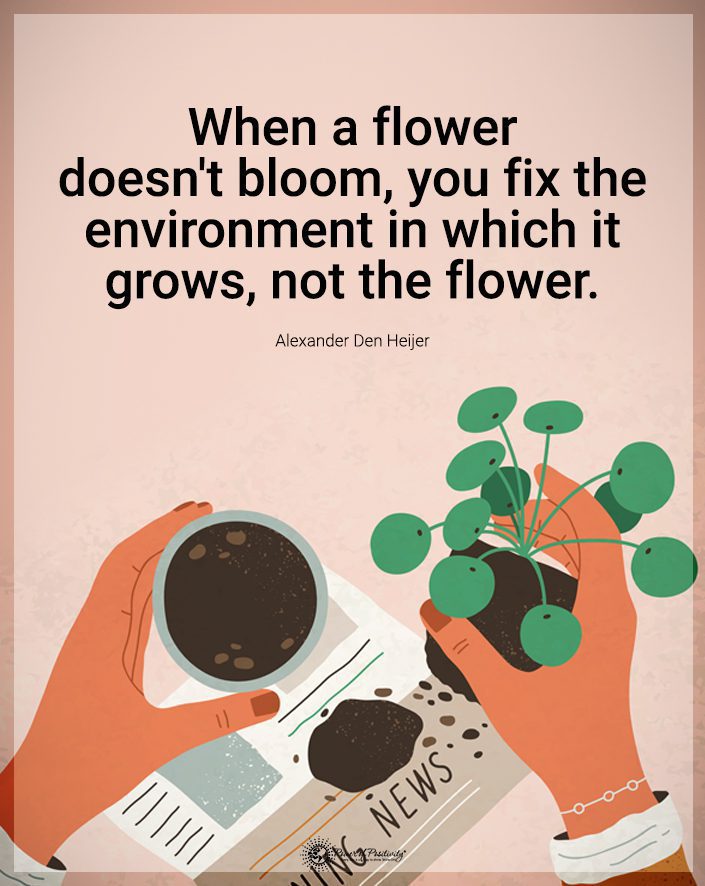You often hear the word creativity, but do you know what it means? Perhaps, you’re a creative genius but don’t realize it. People are fascinated by creative folks, as their minds tend to work in ways the average person doesn’t understand.
Look at some historical examples, such as Thomas Edison or Albert Einstein. These men were on a whole different level because their intellect was far above their peers. Where would the world be without the inventions of these two men?
Maybe it’s time for you to unleash your inner creativity and walk into the genius aspects of your gifts. The world could be waiting for your discovery to change things for the better.
Thirteen Traits of a Creative Genius
How does one know if they’re a creative genius like some of the masterminds? There are some easy-to-identify signs that you can’t ignore. Here are a few of them.

1. A Lack of Self-Consciousness Is a Sign of Creativity
Many people get caught up in caring what others think. However, the open-minded creative genius is not this type of person. Look at Einstein’s classic hairdo.
It was chaotic at best, but do you think he cared what others thought of him? No! He was comfortable in his skin, and the world’s opinions didn’t faze him.
2. A Creative Genius Stays Optimistic
Creative masterminds often fail many times before they strike gold. Consider Milton Hershey, the creator of the Hershey Company. According to the Hershey Community Archives, he filed for bankruptcy three times before he finally sold his chocolate idea to the world.
These masterminds will stop at nothing to accomplish whatever they set their mind to do. They remain optimistic even when the whole world is against them. In most cases, they have the intelligence to do what needs to be done. So the actual challenge is to sell everyone else on their idea.
3. A Creative Genius Is Open to New Experiences
Being open-minded is part of the creative genius process. If you’re not willing to look outside the realm of what society dictates as “normal,” you will never see what could be out there. Picasso would have never made it so big if he didn’t have a vision for his paintings.
A creative genius strives to change their life for the better. They desire to experience the unexpected and crave something outside the norm.
4. Cognitive Flexibility and Creativity Work Together
According to Science Direct, cognitive flexibility is a critical decision-making task. It is the capability to modify actions in reaction to changes around them. A cognitively flexible person can see the world through new eyes continuously.
They can transform and go with the flow when things go in a direction they didn’t expect. Since they can easily switch from one task to another, their flexibility helps them with their high level of intelligence. Their minds and eyes are always open because they know the most incredible things happen when you least expect them.
5. Doesn’t Fit in with The Crowd
The creative genius has a hard time fitting in with the crowd. They’re outsiders who are often the source of much ridicule. They don’t think like everyone else, so their intelligence separates them from others.
Sometimes this person is accepted and shunned simultaneously, which can be hard to comprehend. They usually have very few friends, and they prefer the company of themselves, as most of these open-minded folks are loners.
6. The Creative Genius Could Care Less About the Destinations and More About the Journey
Does the fear of losing control bother you? Do you need everything to be in order? A creative genius craves uncertainty.
They’re very free-spirited and go with the flow. They don’t require perfection to enjoy their lives. Do you think Rembrandt knew what his painting would look like before he started? Of course not!
He just started painting and went with whatever he felt in the moment. Even famous painter Bob Ross would turn accidents on the canvas into “happy little trees.” People born with the creative gene are more focused on the process rather than their journey to get there.
7. They Make Lots of Mistakes
Though these folks have above-average intelligence, they make lots of mistakes. However, their open-minded enough to know that you use these blunders to grow.
It’s one of the biggest myths of the creative process t a person gets it right the first time. They try time and again, but they don’t give up until they get it right. Mistakes are merely stepping stones towards achieving their goals.

8. Diffused Attention
There’s hardly a person with this level of intelligence that works on just one project. Instead, the creative genius is open-minded and has several projects going at once. It’s called diffused attention, and it means that they’re defocused.
This creative person will go through times when they’ve intense concentration, but these states don’t last for long. Their mind quickly shifts to something else. If you were to ask this person about their method, they would probably call it madness or organized anarchy.
9. Creativity Thrives in Chaos and Disorder
Did you know that creative breakthroughs often happen in the most inopportune times? Most people can’t just sit down and write a song. Instead, it hits them during a situation or struggle that causes the words to flow like honey.
Take, for instance, the touching story of Horatio G. Spafford. He wrote one of the greatest gospel songs of all time, “It Is Well with My Soul.” Yet, this song about how everything is well was birthed through the most challenging days of his life.
He lost his business in Chicago’s fires, then his wife and children took a ship to London, and he had plans to meet them later. However, the boat went down in the Atlantic, and only his wife survived. On his way to be with his wife in another country, the captain told him when he passed over the spot where his four beautiful daughters died.
At this location, the song’s words began to flow from his soul. He had no idea how this song would impact people for decades.
10. They’re Not Motivated by Personal Gain
Some folks are motivated by money in this life, and others seek fame. Neither of these things motivates the intelligent person with immense creativity.
They don’t care about fame or fortune as much as they do about doing something that will change the world. They also have an intense need to fulfill their vision.
11. Always Active
The most open-minded people, with some of the highest intelligence you’ve ever encountered, are usually folks who can’t sit still. You may think this person has ADHD because they stay on the go and fidget around. Downtime is uncomfortable for these individuals, as most don’t know how to relax.
Here are a few things about historical greats that many people don’t know:
- Charles Darwin’s Theory of Evolution was created while riding in a carriage on a trip to the Galapagos.
- Mark Twain was unable to sit still; he often paced the floors. Still, he penned some of his great masterpiece novels while pacing back and forth.
- Mozart never knew when inspiration might hit him, so he kept little pieces of paper in his pockets should he need to write.
For some, it’s their bodies that are always in motion, and for most, it’s most definitely their minds. It’s believed that when you move, you’re using kinetic energy, and it’s this energy that primes your creative thinking processes.
12. A Creative Genius is More Sensitive to Stimuli
There’s an old stereotype that artists tend to be more sensitive, which is frequently true. People who fall into the realms of genius are more susceptible to stimuli. They’re constantly measuring stimuli in their environments.
While the buzz from a TV might not bother some people, it can drive this person mad. It’s also not uncommon for this person to retreat from the world to recharge their batteries, as the sensitivities from the outside world can often be too much.
13. Creativity Requires Calculated Risks
Being creative and open-minded means taking risks. These people don’t care if they lose everything, as their focus is on accomplishing their goal. They’re used to ridicule and malice, and people think they’re off balance.
Their intelligence is higher than the average person’s, so they don’t think and function like the rest.

Final Thoughts on the Signs of a Creative Genius
Perhaps you’re a creative genius, and you don’t realize it. Is your mind always working and thinking of the following invention or idea that can change the world? Do you tend to be a loner who thrives in chaos?
Maybe you have a high tolerance for uncertainty, as you thrive on being a risk taker. Perhaps it’s time to unleash that creativity and share your gifts and talents with the world. Now that you know a few things about how your creative mind works, it’s time to walk in the fullness of your abilities.

















